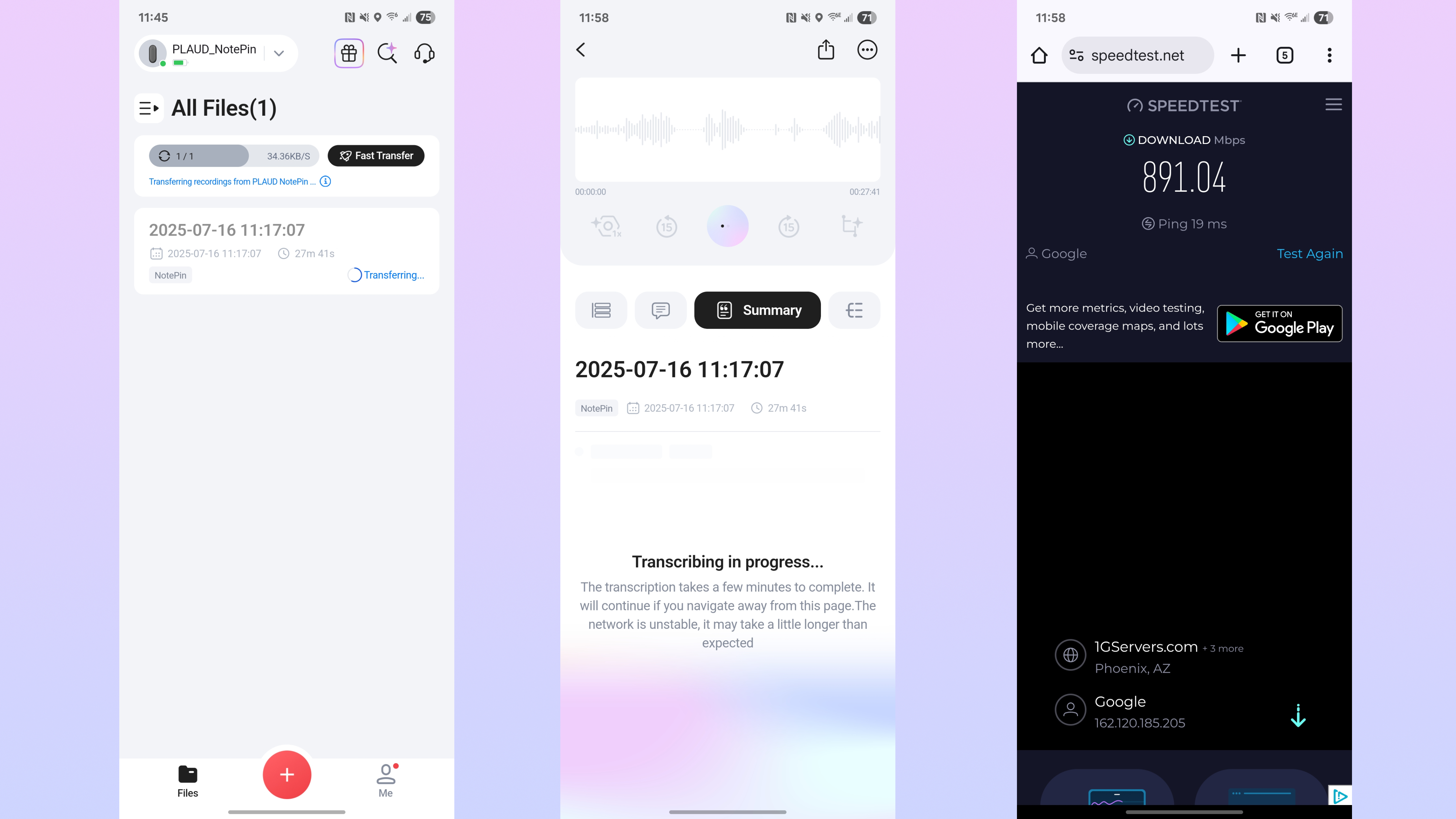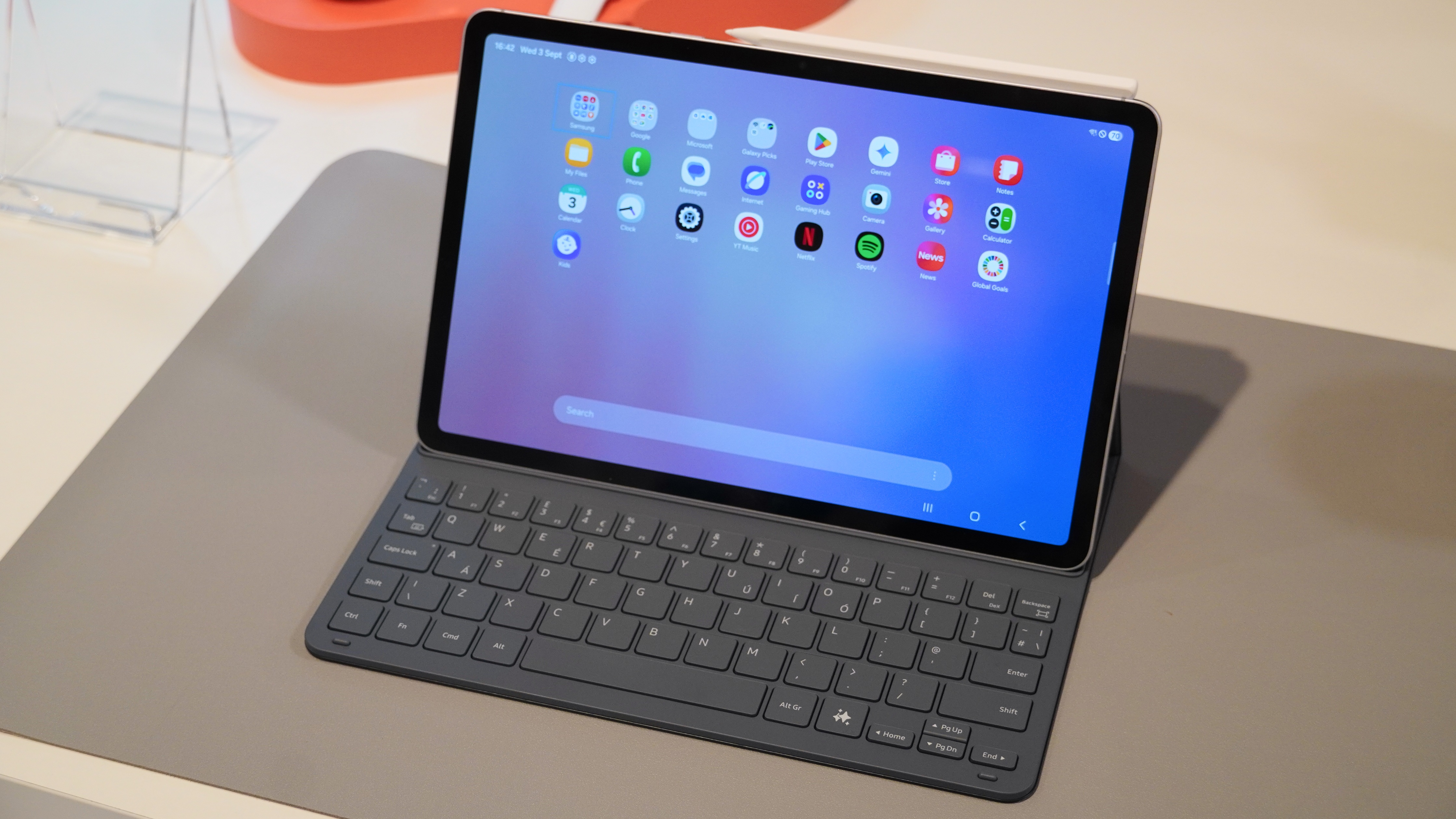I wore an AI voice recorder on my wrist for a week, here's how it went
Could the Plaud NotePin just have been an app?
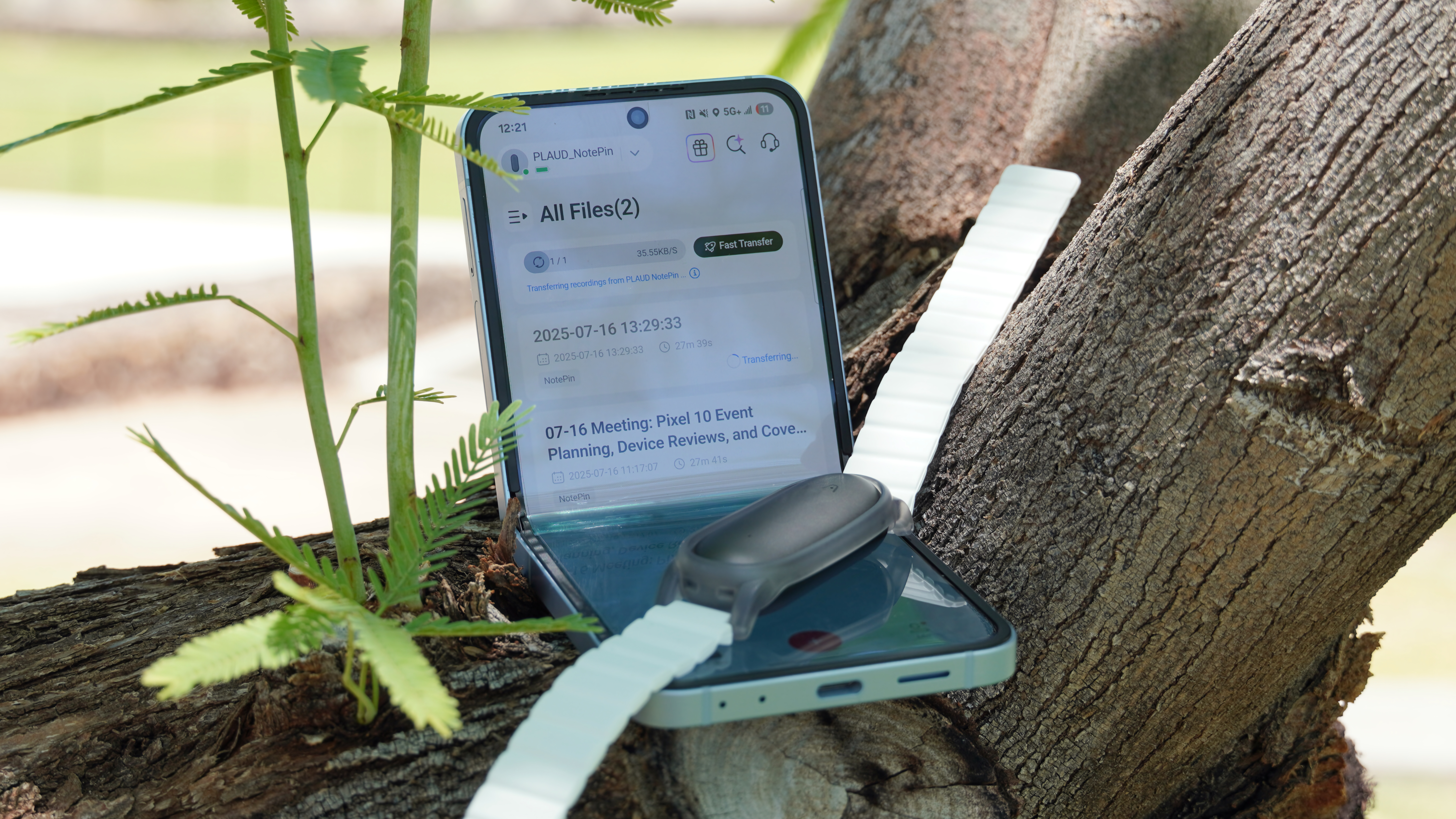
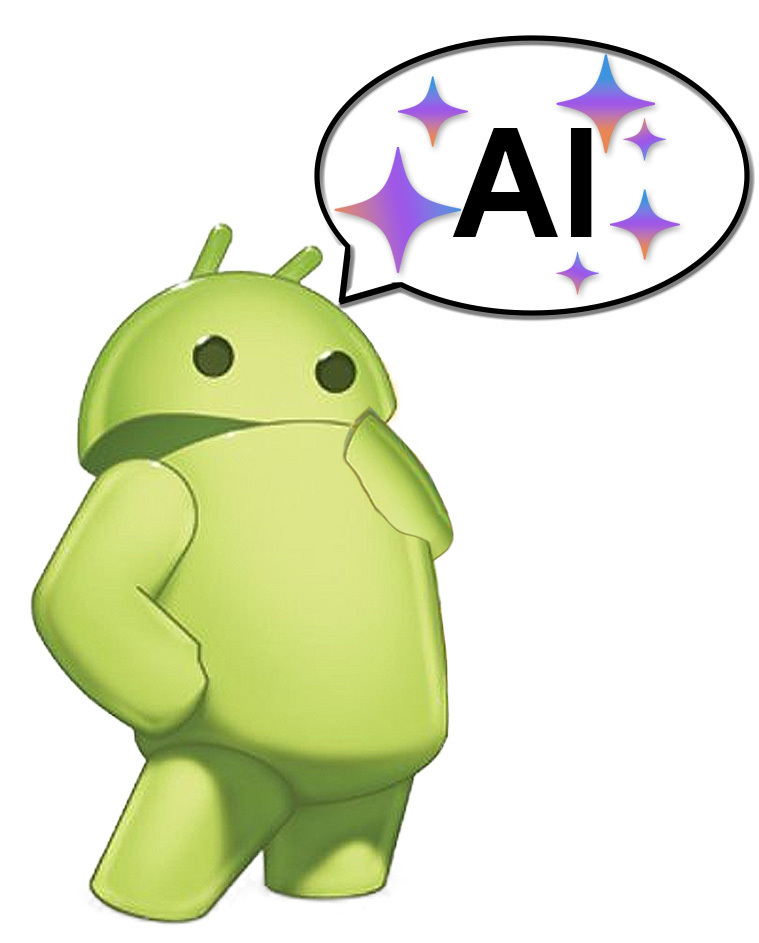
AI Byte is a weekly column covering all things artificial intelligence, including AI models, apps, features, and how they all impact your favorite devices.
Whether we like it or not, artificial intelligence has changed our lives in just a few short years since ChatGPT brought it mainstream. The AI revolution has mostly shaken up the software world, with specialized AI hardware devices flopping — we haven't forgotten the disasters that were the Humane AI Pin or Rabbit R1 just yet.
When a new AI device pops up, contrarians are quick to point out that it "could've been an app." Sometimes that's true, sometimes it's not. AI voice recorders are particularly gaining traction among those who want new bleeding-edge hardware, and Plaud is leading the charge. The company's Note and NotePin devices aim to go with you daily to record conversations, meetings, and notes, transcribing them later in the Plaud app.
I wore the Plaud NotePin on my wrist for a week to figure out whether it's really a helpful companion, or an overpriced AI product that, well, could've been an app. Here's how it went.
Plaud nailed the NotePin's design and form factor
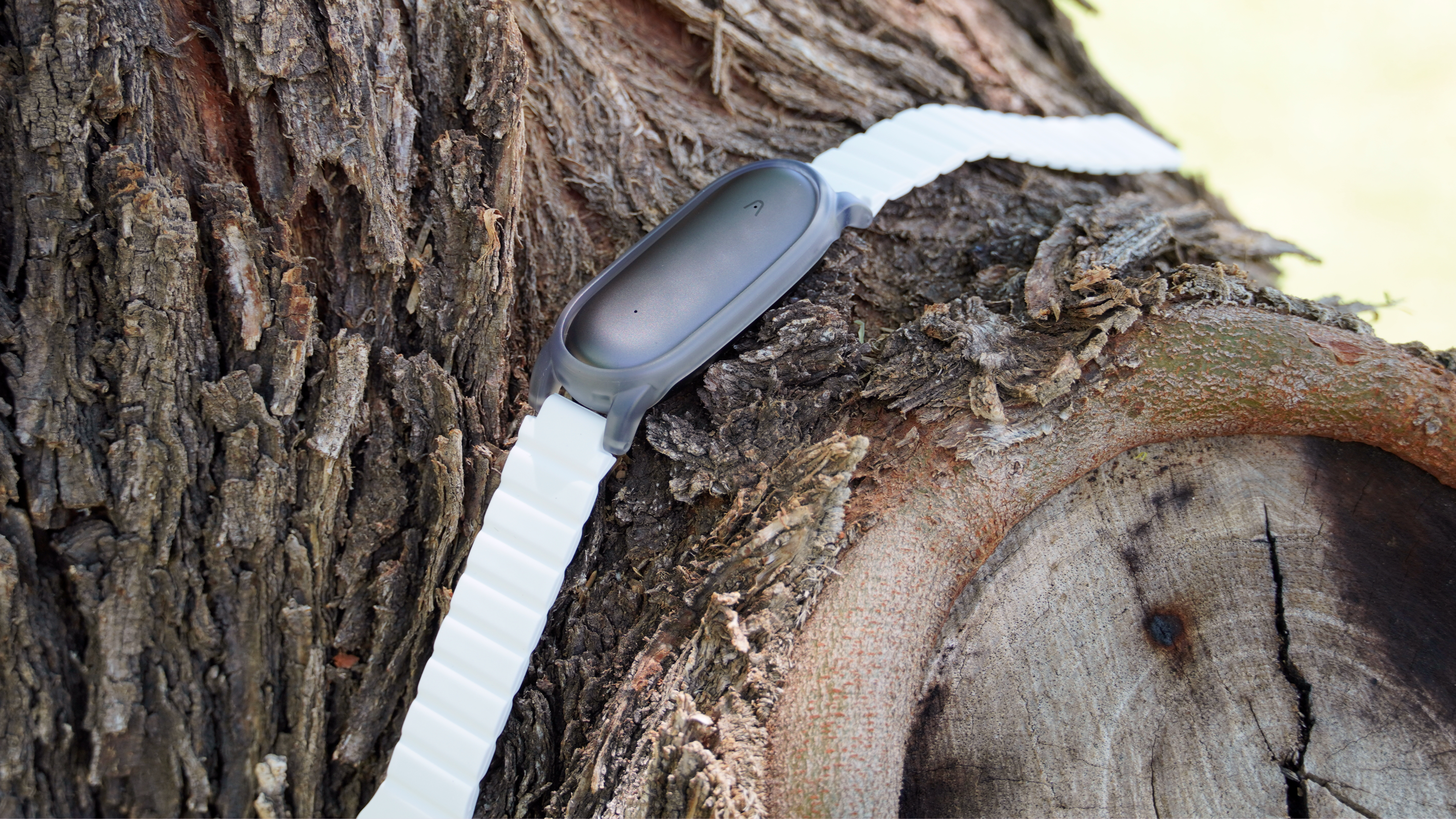
I wasn't impressed by the respective form factors of the AI Pin or the Rabbit R1. They looked too bulky and inconvenient to wear or carry daily. With these kinds of devices, they're only useful if you actually want to carry them. An AI assistant or voice recorder is of no use if you forget it at home or it's buried in a bag.
Luckily, Plaud struck the right balance of utility and compactness with the NotePin. It's a small, pill-shaped device that can conform to be worn in a few different form factors. There's a smartwatch-like wristband, a lanyard necklace, a clip, and a magnetic "pin" option included in the accessory kit. It's worth noting that only the pin and clip are included with the NotePin — the other items will cost extra.
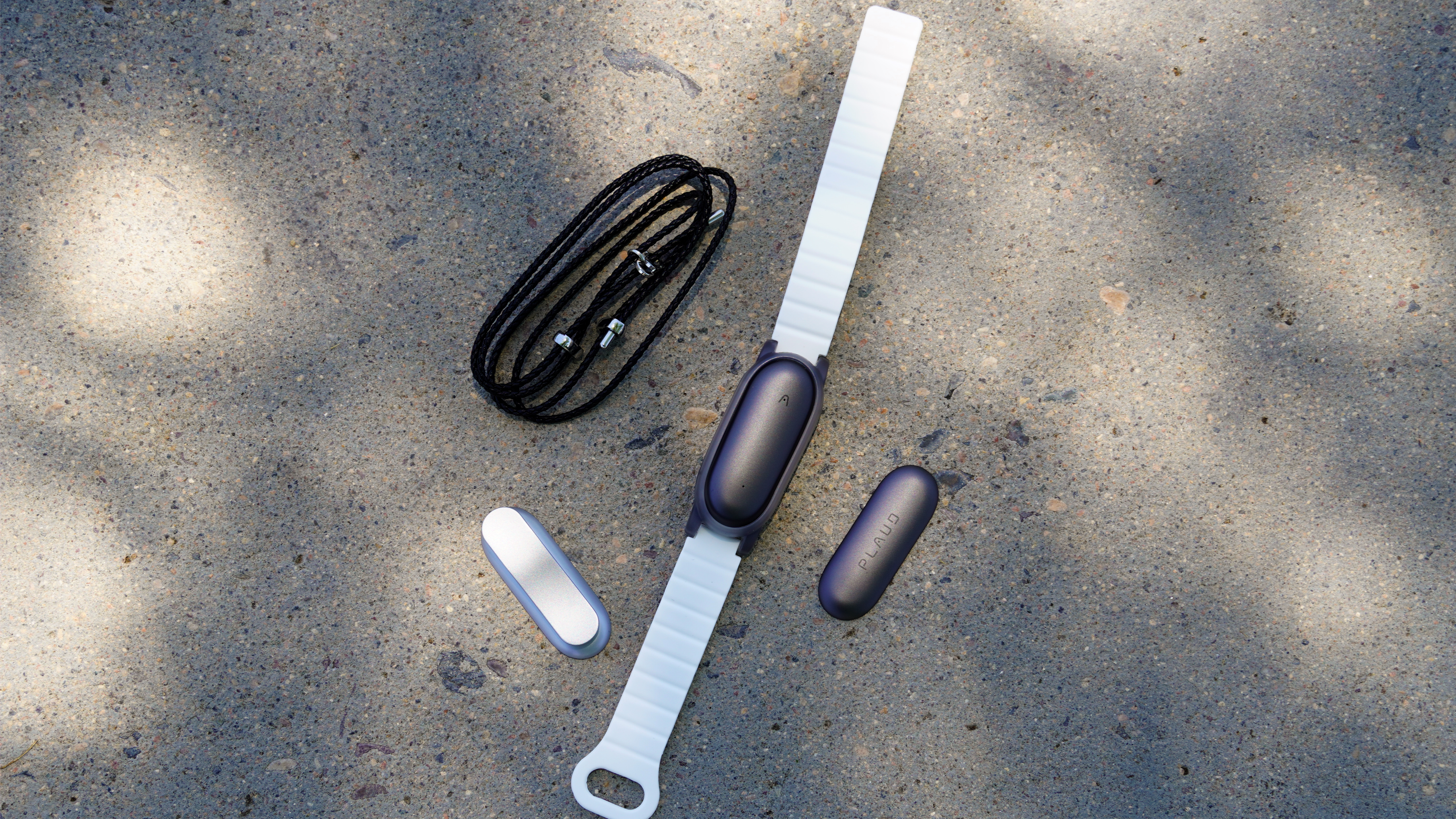
I wore the wristband most often, as it's incredibly comfortable and unobtrusive for anyone used to wearing watches daily. It might look a bit strange wearing a NotePin on one wrist and a smartwatch on the other, but I did it anyway.
With up to 40 days of standby time and up to 20 hours of continuous recording, you should be able to wear your NotePin for plenty of time in between charges. I found those battery life estimates to be very generous — you will probably need to charge more often than that. But with only two hours needed to recharge, it won't be much of a hassle.
Get the latest news from Android Central, your trusted companion in the world of Android
Plaud's pricing model is extremely hard to justify
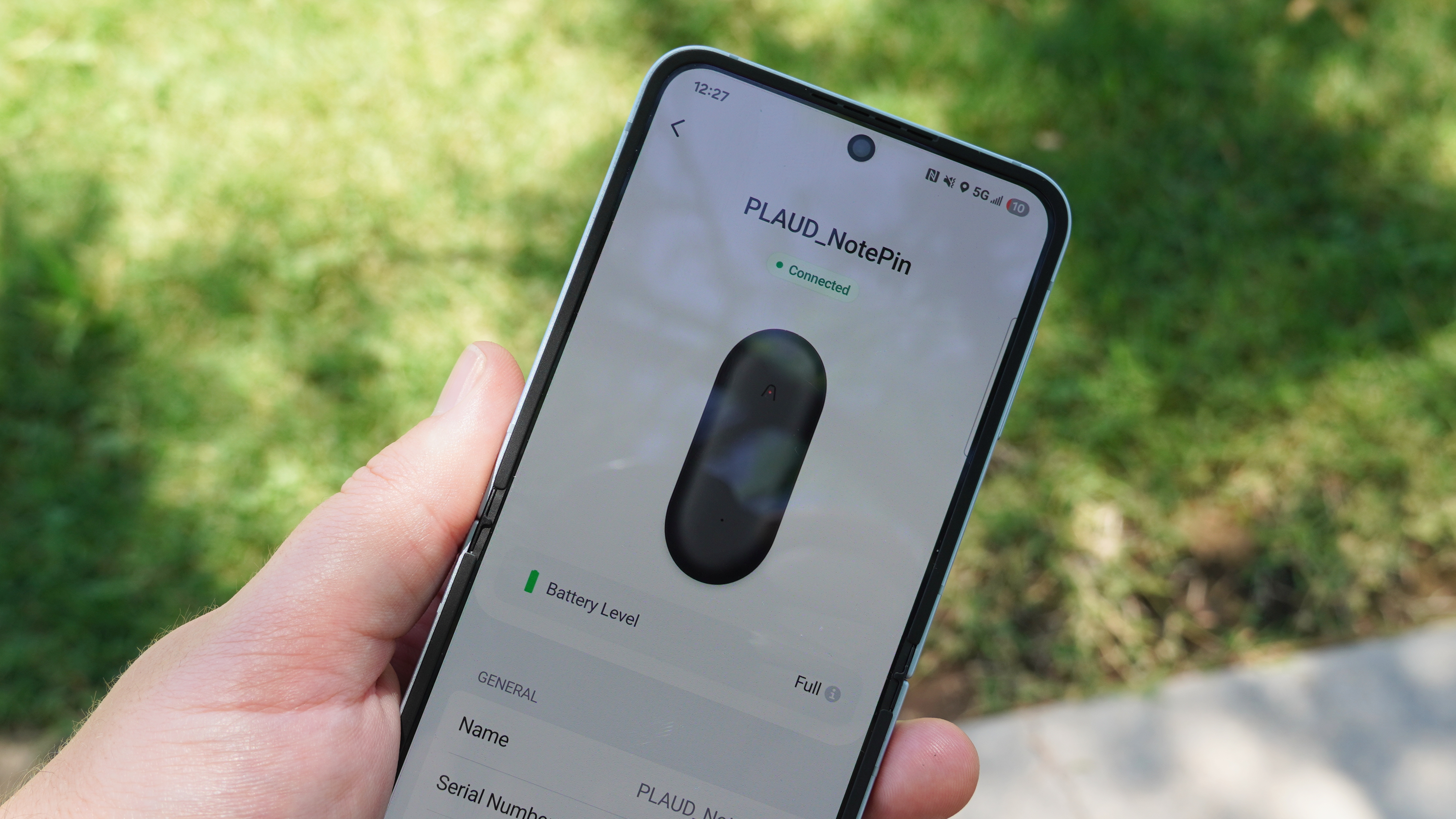
AI hardware products are extremely difficult to price out. Devices that rely on cloud servers incur ongoing costs for the companies supporting those off-device features. While subscriptions aren't fun, I actually think they're necessary for AI hardware. A product being sold with a one-time, upfront cost is almost certain to be bricked in the long run — the economics almost necessitate that.
Plaud went with the worst of both worlds for its NotePin pricing model. It has an extremely high upfront cost for what it is, retailing for $159. On top of that, you'll need to pay for a subscription to unlock all AI features beyond the initial free trial period. Plaud's AI Pro plan costs $100 per year and still comes with rate limits. The AI Unlimited tier costs $240 per year for the full, unabridged experience.
To put it lightly, this pricing model is insane. With the unlimited plan, your first year of using the NotePin would cost $399, and that's before any extra accessories. Using it beyond that would incur greater subscription fees over time.
The subscription model isn't the issue. The problem is that you can't ask customers to pay extreme hardware costs and subscription fees. Plaud should've followed in Whoop's footsteps, including the hardware for free while charging monthly for its subscription plan.
The recording and transcription features are fine, but not outstanding
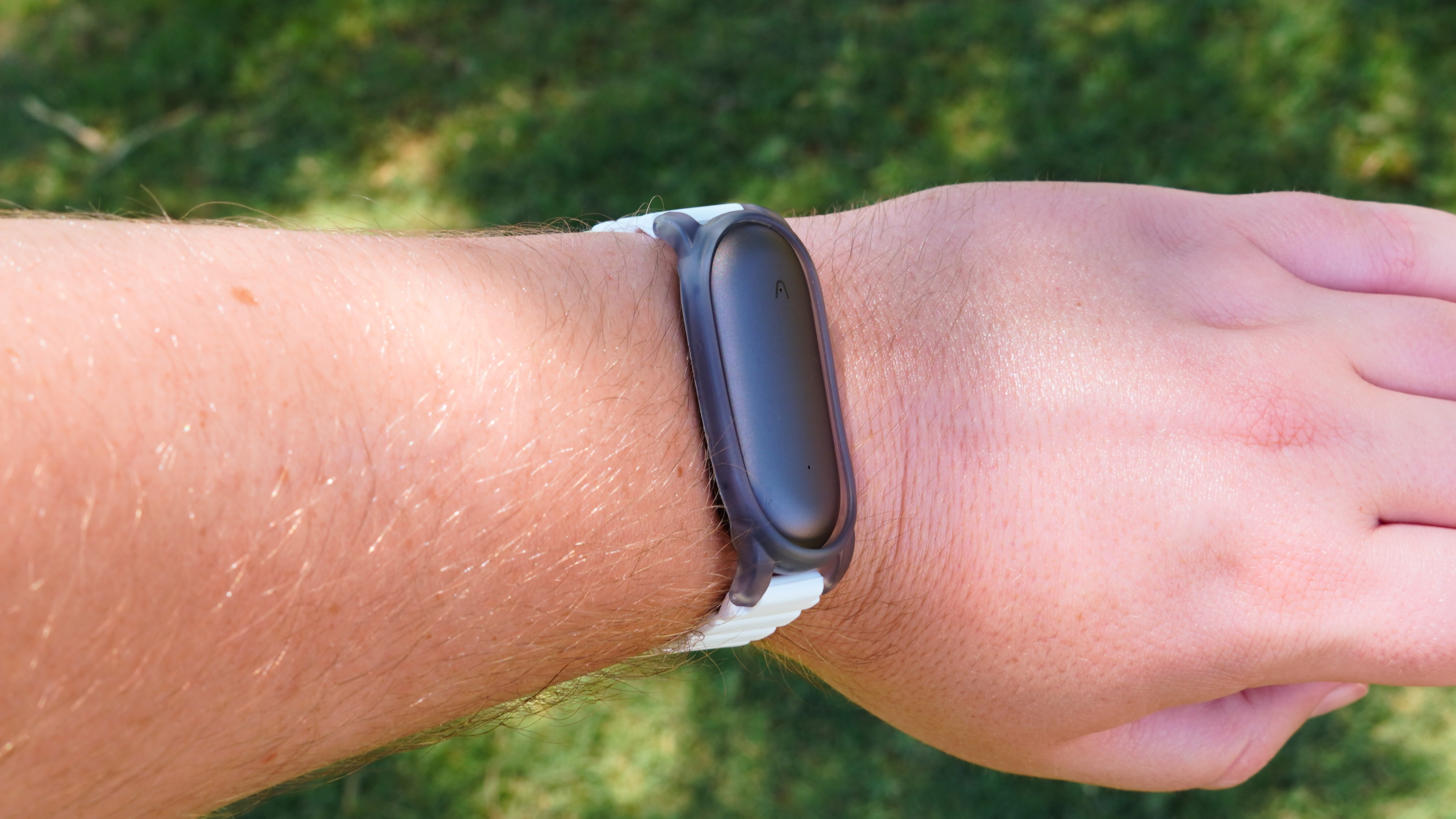
It doesn't help that I wasn't blown away by Plaud's ability to record my conversations and transcribe them. The Plaud NotePin didn't do a bad job by any means, but it wasn't outstanding, and it needed to be to justify its cost.
The way it works is simple: you long-press the NotePin to start recording, press again to stop recording, and let the recording upload to the Plaud app on your Android phone. After that, it'll need to be uploaded to the cloud for processing and returned to your device.
Like anything dependent on the cloud, this will take time. While uploading and transcribing your recording, the app says it'll take "a few minutes to complete" and that it will "continue if you navigate away from this page." So, I closed the app for about 10 minutes, let Plaud do its thing, and checked back in.
Instead of seeing a summary, I received a new message stating, "The network is unstable, it may take a little longer than expected." That was unusual, so I ran an internet speed test on my phone. Sure enough, my download speed was 891Mbps at the time that message appeared, which is more than fast enough for what the Plaud app was trying to do.
It felt like Plaud was trying to pass the buck on the user for its slow processing times, since my Wi-Fi 6E connection certainly wasn't the issue. The 10-minute waiting period for a roughly 30-minute conversation to process was frustrating enough, but playing the blame game was even worse.
To be clear, it wasn't all bad. Most transcriptions took about three to five minutes to process, which still isn't fantastic but is passable.
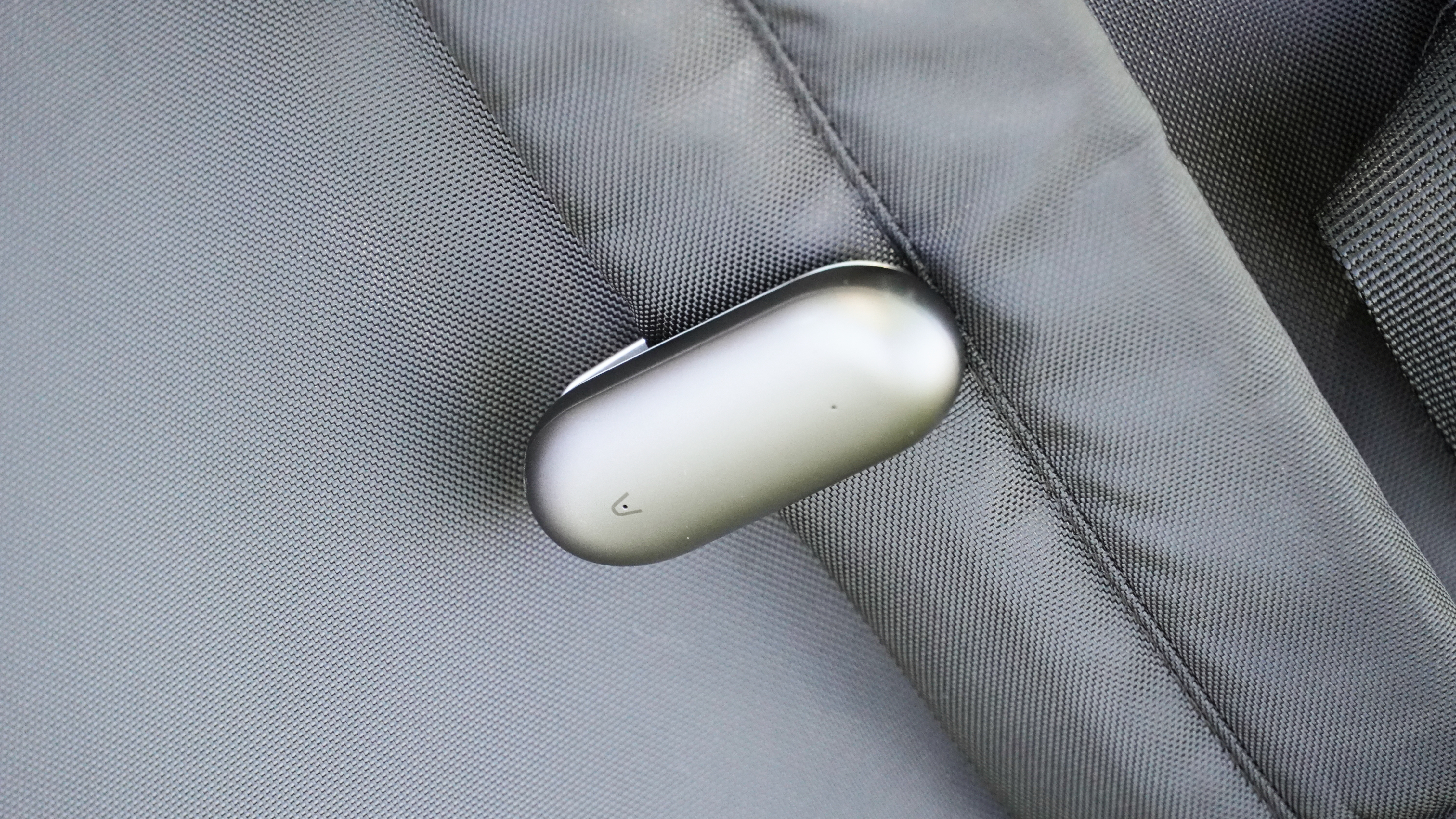
Additionally, the Plaud app provides more detailed transcriptions than any voice recorder app I've used. It creates an organized summary of the conversation and identifies the name of each speaker.
Beyond that, you get a mind map showing the flow of the entire conversation, plus an outline with isolated topics you can jump to at any time. Plaud also has an AI chatbot that can answer specific questions about your voice recordings, which some users might find really helpful.
It's not a matter of if — Android apps CAN do it better
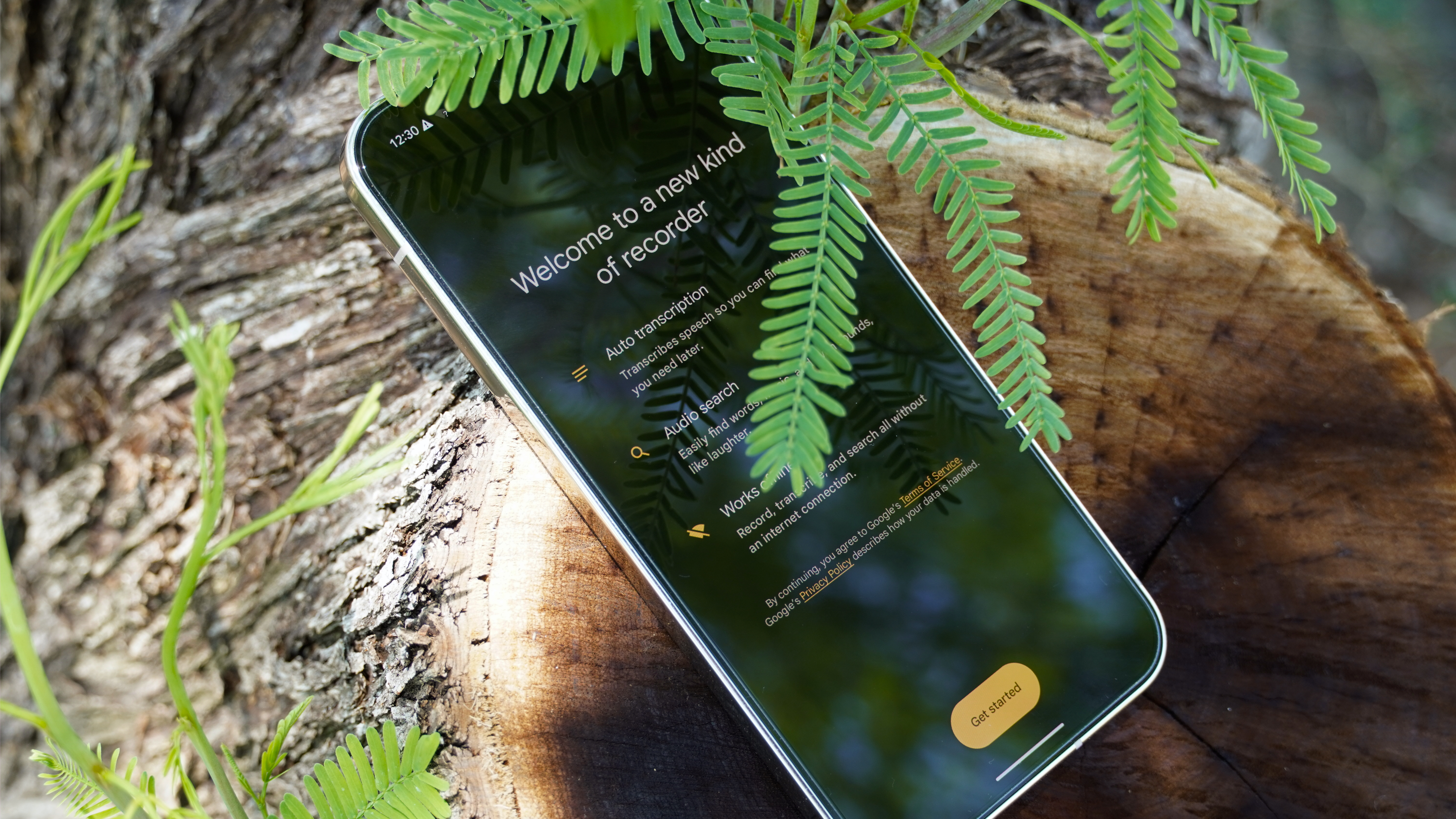
In this case, it does feel like the Plaud NotePin could have been an app, as clichéd as that might sound. Something that uses on-device processing, like a Gemini Nano model, would be infinitely better than Plaud's reliance on the cloud. It'd be more private, more secure, and generally more helpful.
In fact, that's exactly what the Google Recorder app does on Google Pixel phones. Google switched to using Gemini Nano on-device to process recordings in 2024, supporting real-time transcription and processing of long recordings. While the Recorder app doesn't natively support a chatbot function, you can upload recorded files to Gemini to get transcriptions, summaries, and contextual conversations.
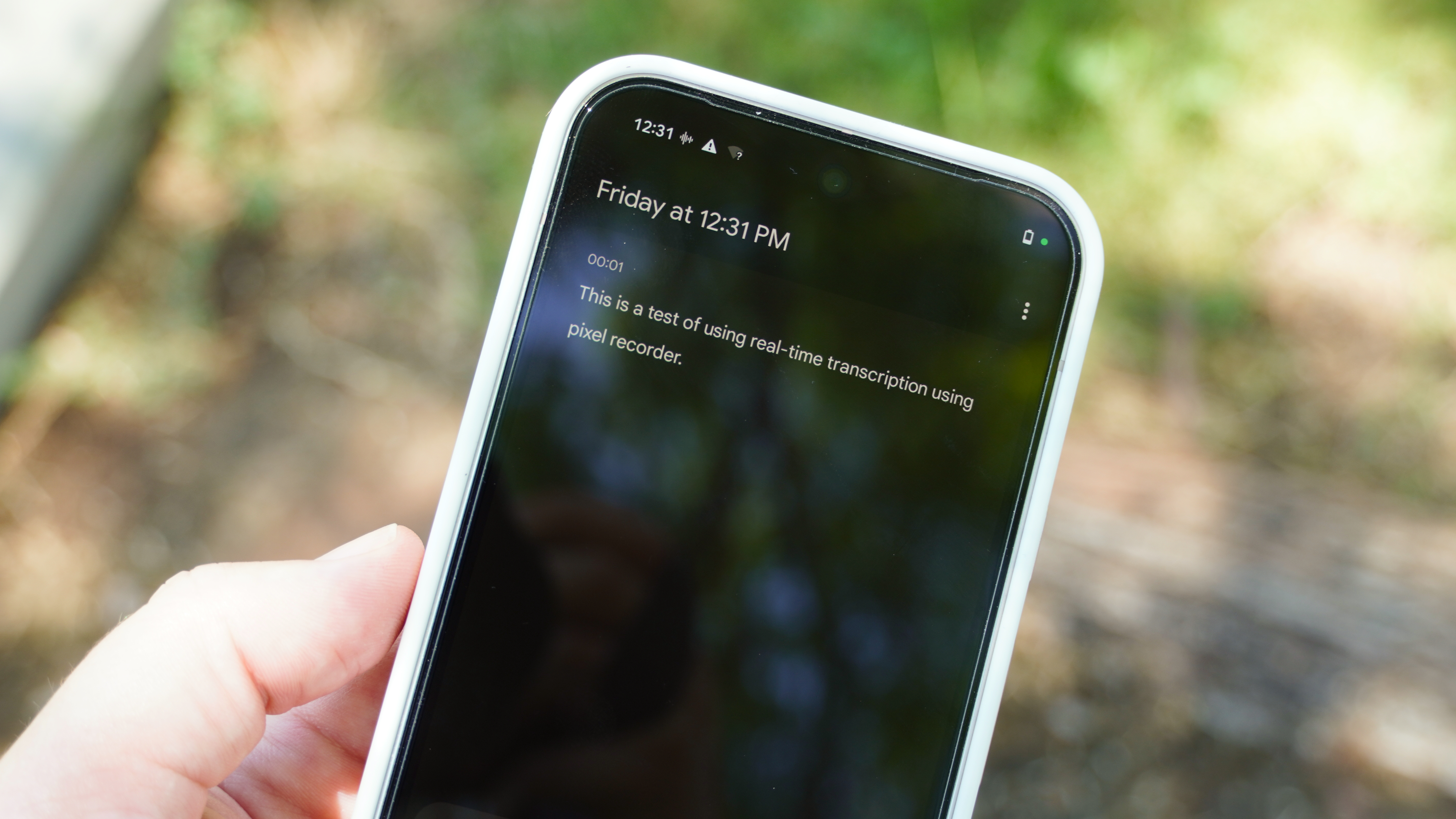
While testing the Plaud NotePin with the Google Recorder app, I vastly preferred using my Pixel 9 Pro XL for recordings and transcriptions. For one, I might have to wait as long as 10 minutes for the NotePin to transfer, upload, and process recordings. Meanwhile, the Pixel 9 Pro XL was transcribing my conversation instantly while I was speaking.
It's true that the Google Pixel 9 Pro XL is expensive, but the phone you already have in your pocket probably supports this feature. Apple, Google, and Samsung all offer apps that do the same thing, and they're included with your phone for free. You could buy a refurbished Pixel 7a for under $200 to get the Google Recorder app for much less than a full year of paying for the Plaud NotePin and its unlimited subscription plan.
I've been a loyal Google Recorder user since 2022, when I started using it alongside the Pixel 7 series. After switching to the Plaud NotePin for a week, I don't feel a strong incentive to replace it with a Pixel for my recording needs. With a Pixel phone, Google Recorder, and Gemini, you can get a similar experience with no subscription.
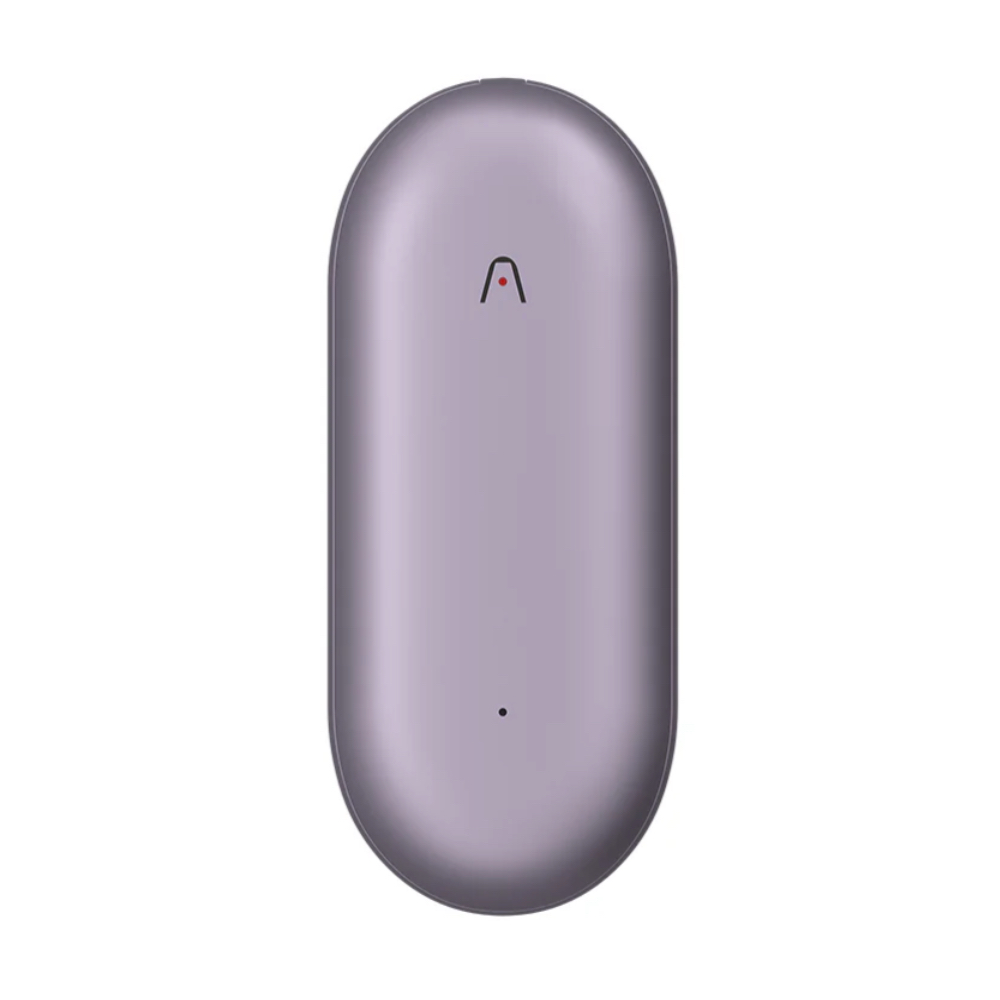
A tough sell
The Plaud NotePin is relatively good at what it does, but you'll need to be comfortable with long transcription times, a high up-front cost, and recurring subscription fees.

Brady is a tech journalist for Android Central, with a focus on news, phones, tablets, audio, wearables, and software. He has spent the last three years reporting and commenting on all things related to consumer technology for various publications. Brady graduated from St. John's University with a bachelor's degree in journalism. His work has been published in XDA, Android Police, Tech Advisor, iMore, Screen Rant, and Android Headlines. When he isn't experimenting with the latest tech, you can find Brady running or watching Big East basketball.
You must confirm your public display name before commenting
Please logout and then login again, you will then be prompted to enter your display name.
